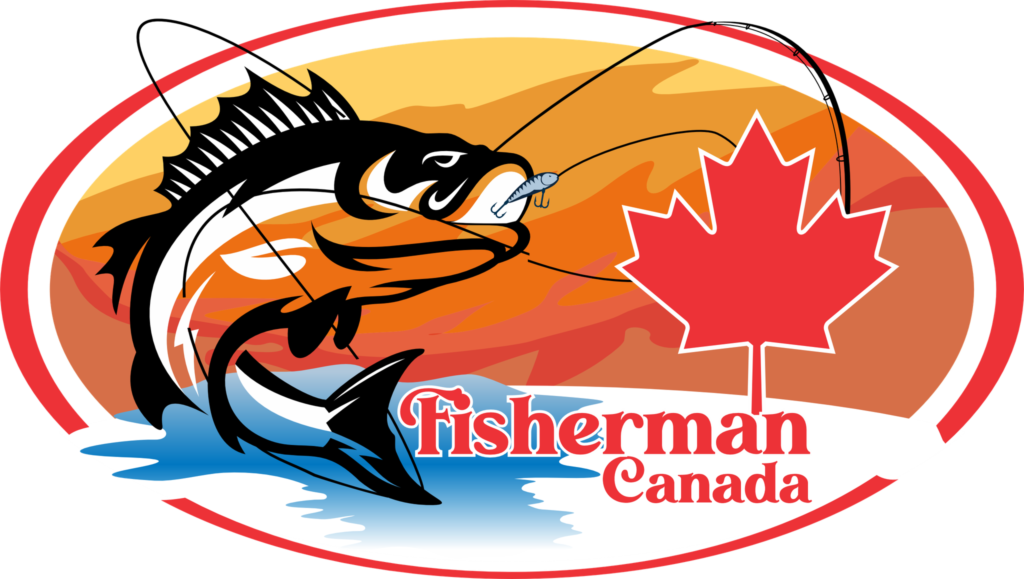Introduction
Fishing enthusiasts, outdoor adventurers, and environmental conservationists gather around! If you’re seeking the perfect blend of thrill, relaxation, and connection with nature, look no further than largemouth bass fishing in Lake A. Nestled amidst stunning landscapes, this angler’s paradise offers an unforgettable experience. In this blog post, we’ll explore the secrets of Lake A, from understanding the behaviors of largemouth bass to mastering your fishing techniques. Whether you’re a seasoned pro or just starting, you’ll find valuable tips and insights to make your next fishing trip a success.
The Allure of Lake A
A Natural Haven
Lake A is more than just a fishing destination; it’s a sanctuary for nature lovers. Surrounded by lush greenery and serene waters, it’s a picturesque escape from the hustle and bustle of daily life. The tranquil environment provides the perfect backdrop for a day of fishing, allowing you to unwind and connect with nature.
Biodiversity at its Best
Lake A is home to a diverse range of aquatic species, making it a hotspot for anglers and ecologists alike. The rich biodiversity ensures that every fishing trip is a new adventure. From spotting various bird species to encountering unique plant life, Lake A offers an immersive experience for all visitors.
Conservation Efforts
Lake A’s beauty is preserved through dedicated conservation efforts. Local communities and organizations work tirelessly to protect the natural habitat, ensuring that future generations can enjoy its wonders. By practicing catch-and-release and following sustainable fishing practices, anglers can contribute to these vital conservation initiatives.
Understanding Largemouth Bass
Characteristics and Behavior
Largemouth bass are known for their distinctive appearance and aggressive behavior. Recognizable by their large mouths and greenish bodies, they are a prized catch for many anglers. Understanding their behavior, such as their preference for shallow waters and their feeding patterns, can significantly improve your chances of success.
Seasonal Patterns
Largemouth bass exhibit different behaviors throughout the year. During spring, they move to shallower waters for spawning, making them more accessible to anglers. In summer, they seek deeper, cooler waters, while in fall, they become more active as they feed in preparation for winter. Recognizing these seasonal patterns can help you plan your fishing trips more effectively.
Feeding Habits
Largemouth bass are opportunistic feeders, consuming a variety of prey, including insects, small fish, and amphibians. They are particularly active during dawn and dusk when they hunt for food. Understanding their feeding habits allows anglers to choose the right bait and lures to attract them.
Essential Gear for Bass Fishing
Rods and Reels
Selecting the right rod and reel is crucial for a successful fishing trip. Medium to heavy rods with fast action are ideal for largemouth bass fishing, providing the sensitivity and strength needed to reel in big catches. Pairing your rod with a high-quality spinning or baitcasting reel ensures smooth operation and greater control.
Baits and Lures
The choice of bait and lures can make or break your fishing experience. Live bait such as worms and minnows are effective in attracting largemouth bass. Alternatively, artificial lures like crankbaits, spinnerbaits, and soft plastics mimic the movement of natural prey, enticing bass to strike.
Additional Accessories
Equipping yourself with the right accessories can enhance your fishing experience. A sturdy tackle box to organize your gear, polarized sunglasses to reduce glare, and a comfortable fishing vest with plenty of pockets are essential items for any angler heading to Lake A.
Mastering Techniques
Casting Techniques
Perfecting your casting technique is key to reaching those elusive largemouth bass. Practice different casting methods, such as overhead, sidearm, and pitch casting, to improve your accuracy and distance. Mastering these techniques will increase your chances of landing a trophy catch.
Retrieving Methods
Varying your retrieval speed and pattern can make your lure more enticing to largemouth bass. Experiment with slow and steady retrieves, as well as erratic jerks and pauses, to mimic the movement of injured prey. Adapt your retrieval method based on the bass’s behavior and the conditions of the lake.
Patience and Persistence
Fishing requires patience and persistence, especially when targeting largemouth bass. Stay focused and adaptable, trying different spots and techniques until you find what works best. Remember, every fishing trip is a learning experience, and perseverance often leads to rewarding results.
Safety and Ethics
Safety Precautions
Safety should always be a priority when fishing in Lake A. Wear a life jacket, especially when fishing from a boat, and inform someone of your plans before heading out. Familiarize yourself with the local weather conditions and be prepared for sudden changes.
Ethical Fishing Practices
Practicing ethical fishing ensures the sustainability of Lake A’s ecosystem. Adhere to local fishing regulations, such as size and bag limits, to prevent overfishing. Handle fish gently and release them promptly to minimize stress and injury, contributing to the conservation of the species.
Leave No Trace
Respecting the environment is crucial for maintaining the beauty of Lake A. Follow the Leave No Trace principles by packing out all trash and minimizing your impact on the surroundings. By doing so, you help preserve the natural habitat for future generations to enjoy.
Conclusion
Largemouth bass fishing in Lake A offers a unique blend of excitement, relaxation, and connection with nature. By understanding the behaviors of largemouth bass, mastering your fishing techniques, and practicing ethical fishing, you can create unforgettable memories on the water. Whether you’re an experienced angler or a newcomer to the sport, Lake A promises an adventure like no other. Grab your gear, head to the lake, and immerse yourself in the beauty and thrill of bass fishing. For those eager to deepen their knowledge, consider exploring additional resources or joining a local fishing community to enhance your skills and passion for this rewarding activity.
